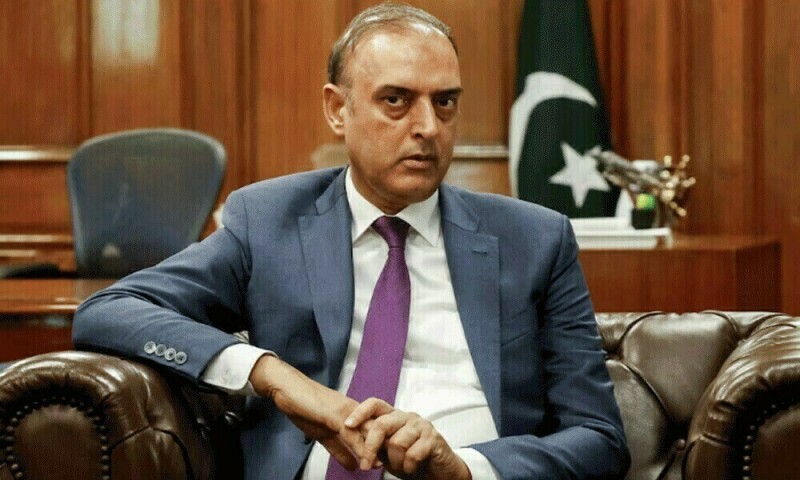Governor State Bank of Pakistan (SBP), Jameel Ahmad, on Tuesday said that Pakistan’s economy is positioned on a more stable footing, with growth projected between 3.25% and 4.25% in FY2026.
Addressing an annual meeting of the Pakistan Textile Council (PTC) in Karachi, the central bank shared an in-depth account of Pakistan’s macroeconomic progress, while the council’s leadership and members underscored urgent policy interventions needed to strengthen export competitiveness.
Governor SBP noted that Pakistan has overcome unprecedented economic challenges since 2022. Foreign exchange reserves, which had depleted to $2.8 billion in early 2023, have now risen to $14.3 billion.
The current account deficit has narrowed significantly, while remittances grew to over $38 billion in FY2025, largely shifting from informal to formal channels.
He emphasised that inflation had dropped to 3.2% by June 2025—a historic low—allowing the SBP to reduce the policy rate from 22% to 11% over the past year. Fiscal consolidation, reforms in exchange companies, and stable external debt levels have provided much-needed confidence to markets.
“Pakistan’s economy is now positioned on a more stable footing, with growth projected between 3.25% and 4.25% in FY2026. Our commitment is to maintain stability, build reserves, and ensure inflation remains within the 5–7% target range,” said the governor.
PTC warns FBR’s new amendments will cripple Pakistan’s textile exports
While acknowledging the governor’s achievements, PTC Chairman Fawad Anwar stressed that Pakistan must urgently address structural barriers affecting exporters.
“Despite the macroeconomic stabilisation, the cost of doing business in Pakistan remains uncompetitive. The exclusion of essential raw materials from the Export Facilitation Scheme (EFS) has burdened exporters at a time when global markets offer a once-in-a-decade opportunity for Pakistan to capture market share,” he said.
Anwar reiterated the council’s call for the withdrawal of import duties on essential raw materials excluded from EFS, with sales tax capped at 3–5% and fully refundable.
A uniform 1% duty drawback scheme to support all exporters, while subsidised financing facilities to offset rising wage and energy costs.
He also highlighted the urgent need to strengthen Pakistan’s value-added exports.
“Textiles and apparel are the backbone of Pakistan’s economy. This is the time for bold policy support so our industry can capture long-term global market share rather than lose ground to competitors,” Anwar emphasised.
The meeting concluded with a consensus that textile exports must remain central to Pakistan’s economic recovery strategy.
PTC and SBP agreed to continue policy dialogue, particularly on financing schemes for renewable energy and concessional export credit, to ensure Pakistan’s exporters remain competitive in global markets.


